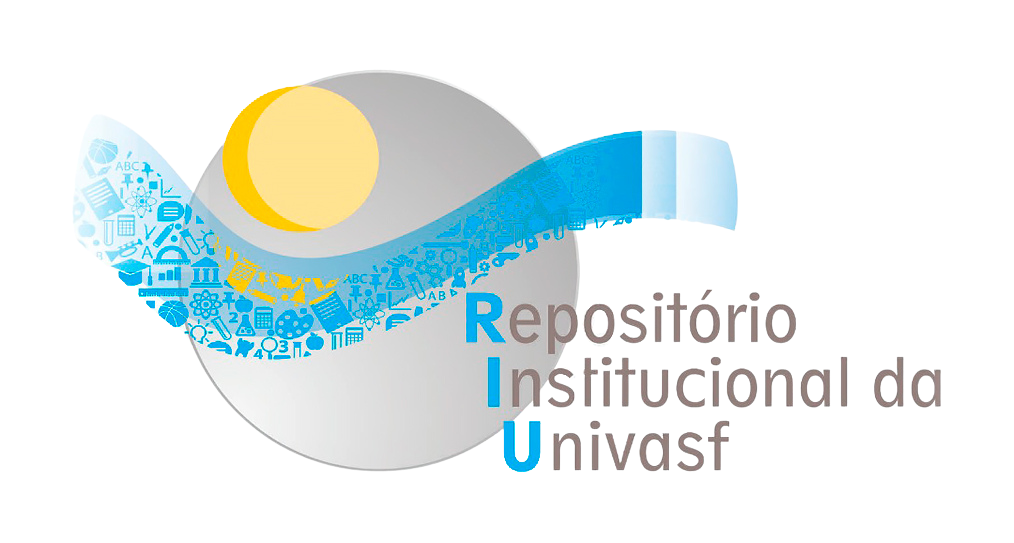Use este identificador para citar ou linkar para este item:
https://repositorio.univasf.edu.br/jspui/handle/123456789/1114| Título: | Metodologias ativas no ensino de libras para o século xxi: avanços e desafios |
| Título(s) alternativo(s): | Active methodologies in teaching libras for the century xxi: advances and challenges |
| Autor(es): | Costa, Kleber Ribeiro, Marcelo Silva |
| Palavras-chave: | Educação Metodologias Ativas Libras Inclusão |
| Data do documento: | 15-Jan-2024 |
| Editor: | Universidade Federal do Vale do São Francisco |
| Abstract: | This academic work seeks to present reflections on how professional Libras teachers can rethink their pedagogical practice so that new proposals can be implemented in the academic-school space using of active methodologies. It seeks to present reflections on how professional Libras teachers can rethink their pedagogical practice so that new proposals can be implemented in the academic-school space. The objective is to reflect on the advances and challenges of Libras in the inclusion of deaf students, the training of teachers in learning this language, as well as knowing how to value a different culture. To this end, a bibliographic study was carried out on documents already published and based on scholars such as Hall (2006) and Perlin (2002 and 2013) in the debate on deaf identity, Morán (2015) addressing new pedagogical practices, Costa (2022) bringing the importance of technology to the deaf community and Strobel (2013) remembering the difficulties that deaf people have gone through in their history, among others. The article highlights the importance of the teacher rethinking his role no longer as a holder of knowledge, but rather as a mediator of the knowledge that each student brings with them. The student, in turn, stops being a mere spectator and becomes a protagonist in the learning process. It is important to think that for the 21st century, respect for individual differences and specificities is fundamental. There are great challenges faced, such as the lack of preparation of education professionals in terms of knowledge about the importance of Libras and deaf culture and the lack of teaching materials in Libras, leading teachers to seek solutions adapted to their reality. It also talks about the importance of technology in the teaching process for deaf people, since through digital tools – which emphasizes the visual issue – this should be used as a means to obtain new knowledge. The article concludes by emphasizing the importance of promoting inclusion and makes us question our role as educators in the 21st century. |
| URI: | https://repositorio.univasf.edu.br/jspui/handle/123456789/1114 |
| Aparece nas coleções: | SEAD - Esp. em Metodologias Ativas de Ensino Aprendizagem - TCC Especialização |
Arquivos associados a este item:
| Arquivo | Descrição | Tamanho | Formato | |
|---|---|---|---|---|
| termo-de-autorizacao-de-disponibilidade_Kleber_M_Costa_assinado_assinado.pdf | Termo de Autorização para Disponibilidade de TCC | 281.93 kB | Adobe PDF | Visualizar/Abrir |
| TCC_Kleber_M_Costa_assinado_com_folha_de_aprovação_assinado.pdf | Metodologias ativas no ensino de libras para o século xxi: avanços e desafios | 440.37 kB | Adobe PDF | Visualizar/Abrir |
Este item está licenciada sob uma Licença Creative Commons

